I just finished this book and did not want to wait to share it. I really loved it. I also think that it fits nicely with the Triduum and the Easter season.
I pray that every one of you has a wonderful Easter weekend!
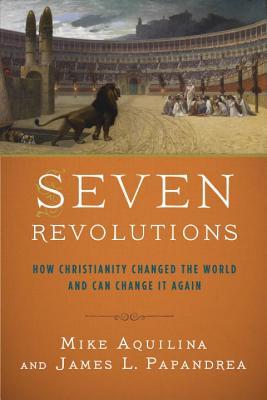 Seven Revolutions by Mike Aquilina, James L Papandrea
Seven Revolutions by Mike Aquilina, James L Papandrea Publisher: Image (2015)
Hardcover (256 pages)
Via: Blogging for Books
Rating:
Also by this author: History's Queen
Reading Challenges: Read 2015
Synopsis
Combining history, politics, and religion, Mike Aquilina and Jim Papandrea provide practical lessons to be learned from the struggles of the Early Church, lessons that can be applied to the day-to-day lives of Christian readers.
Prolonged, multiple wars in the Middle East. Waves of immigrants crossing the borders. Ongoing economic recession. Increasing political polarization, often with religious overtones. Conflicts over ideologies that pit the progressive against the traditional. Sound familiar? These conditions not only describe the United States, but the situation of the Roman Empire in the third century. That situation led to religious persecution and the eventual collapse of the empire. In the middle of the third century, the Roman Empire was roughly the same age as the United States is now.
In this book, authors Mike Aquilina and Jim Papandrea examine the practices of the Early Church—a body of Christians living in Rome—and show how the lessons learned from these ancient Christians can apply to Christians living in the United States today. The book moves from the Christian individual, to the family, the church and the world, explaining how the situation of the Early Church is not only familiar to modern Christian readers, but that its values are still relevant.
Find the book: Goodreads
My Review
I really enjoyed this book. It is a mix of Church history, the time of the Roman Empire, Church doctrine, and what we can do today as Christians.
Each of the seven revolutions has its own chapter. The revolutions are as follows:
- A Revolution of the Person: The Invention of Human Dignity
- A Revolution in the Home: The New Idea of Family
- A Revolution of Work: How Labor Became Holy
- A Revolution of Religion: God Is Love
- A Revolution of Community: Love Your Neighbor
- A Revolution in Death: The Conquest of the Last Enemy
- A Revolution of the State: Religious Freedom
These were all so interesting. I also loved the ending chapters that talk about where the world is heading today and what we can do.
One of my favorite chapters was the one on human dignity. I really enjoyed the one on human dignity because it speaks of the inherent dignity of every person. In the Roman Empire, women and children were not seen as having value. The book talked of how people in the Roman Empire were only seen for their usefulness. If we look to usefulness or uselessness as a means of determining a person’s value, we start to see people as “things” to be used rather than people. I see this as so important in our world today. We really need to remember that everyone has inherent human dignity.
Another of my favorite chapters was on death. This chapter talked about how there was a different view of death in the pre-Christian world. With Christianity came the respect for the dead body that can be evidenced today in our modern funerals. This chapter also talked about how, besides in Judaism, there wasn’t really the concept of the afterlife before Christianity.
Even if this isn’t typically what you would read, I recommend this to all Christians. It gives a wonderful look back on what has happened in the early centuries of the Church and ties it into what is happening today in our secular world.
Catholic Connections
The entire book is full of Catholic Connections. It is, afterall, written by two amazing Catholic writers who team up for this amazing book.
Which Reading Challenges?
- You Read How Many Books? Reading Challenge

I received this book for free from the publisher via Blogging for Books for
review consideration. This in no way affects my opinion of the title
nor the content of this review.


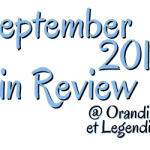
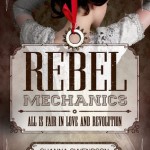
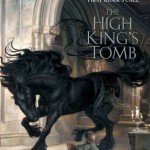
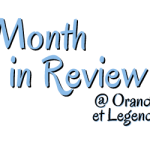
Leave a Reply